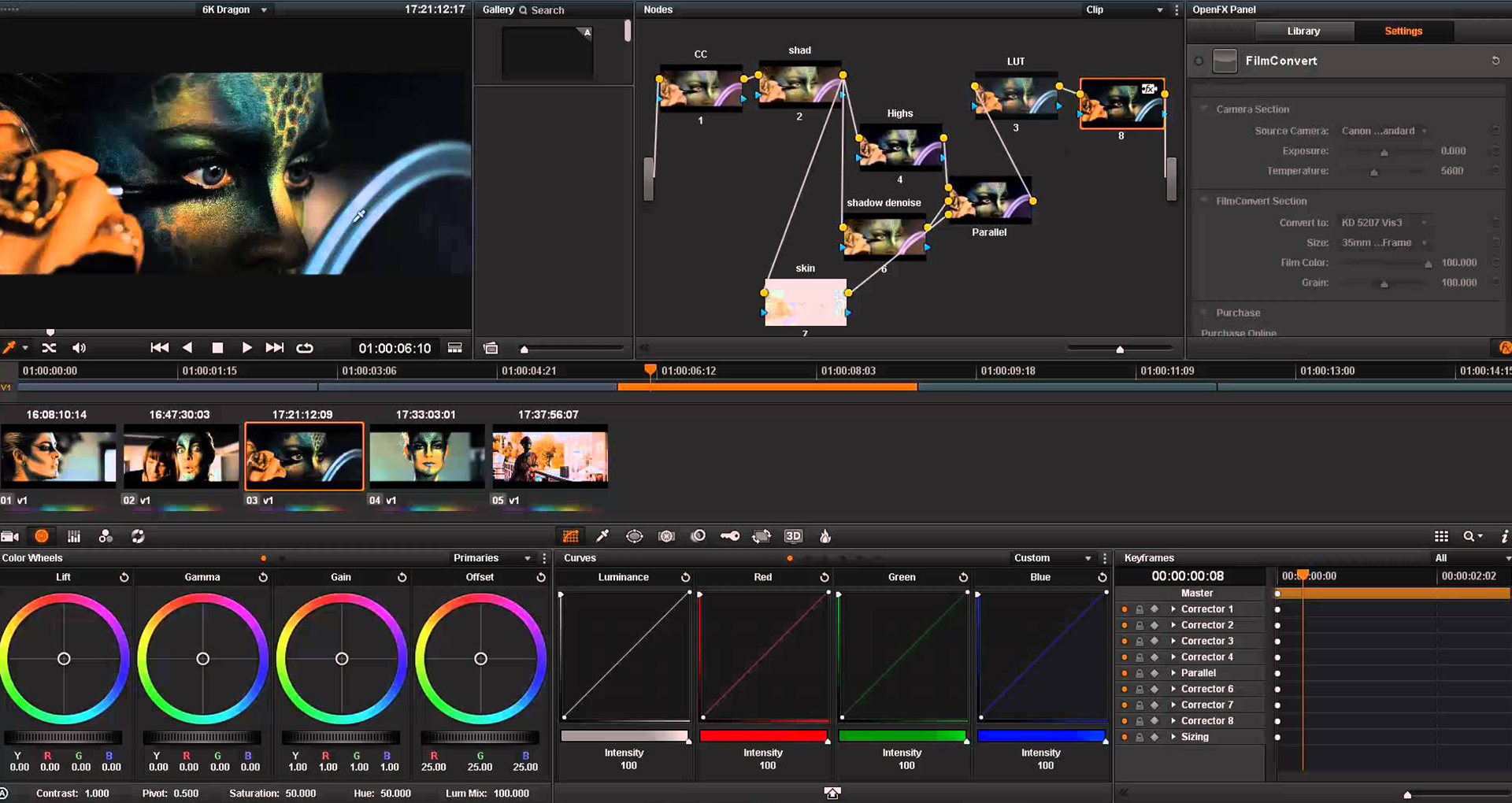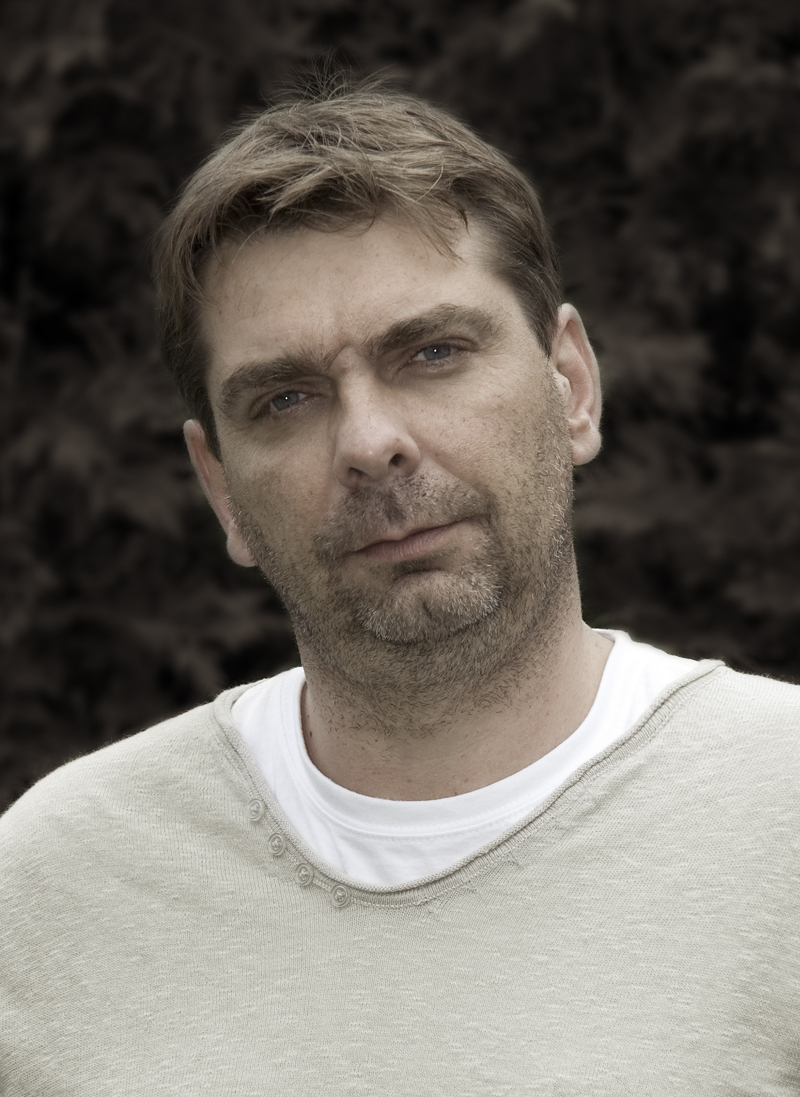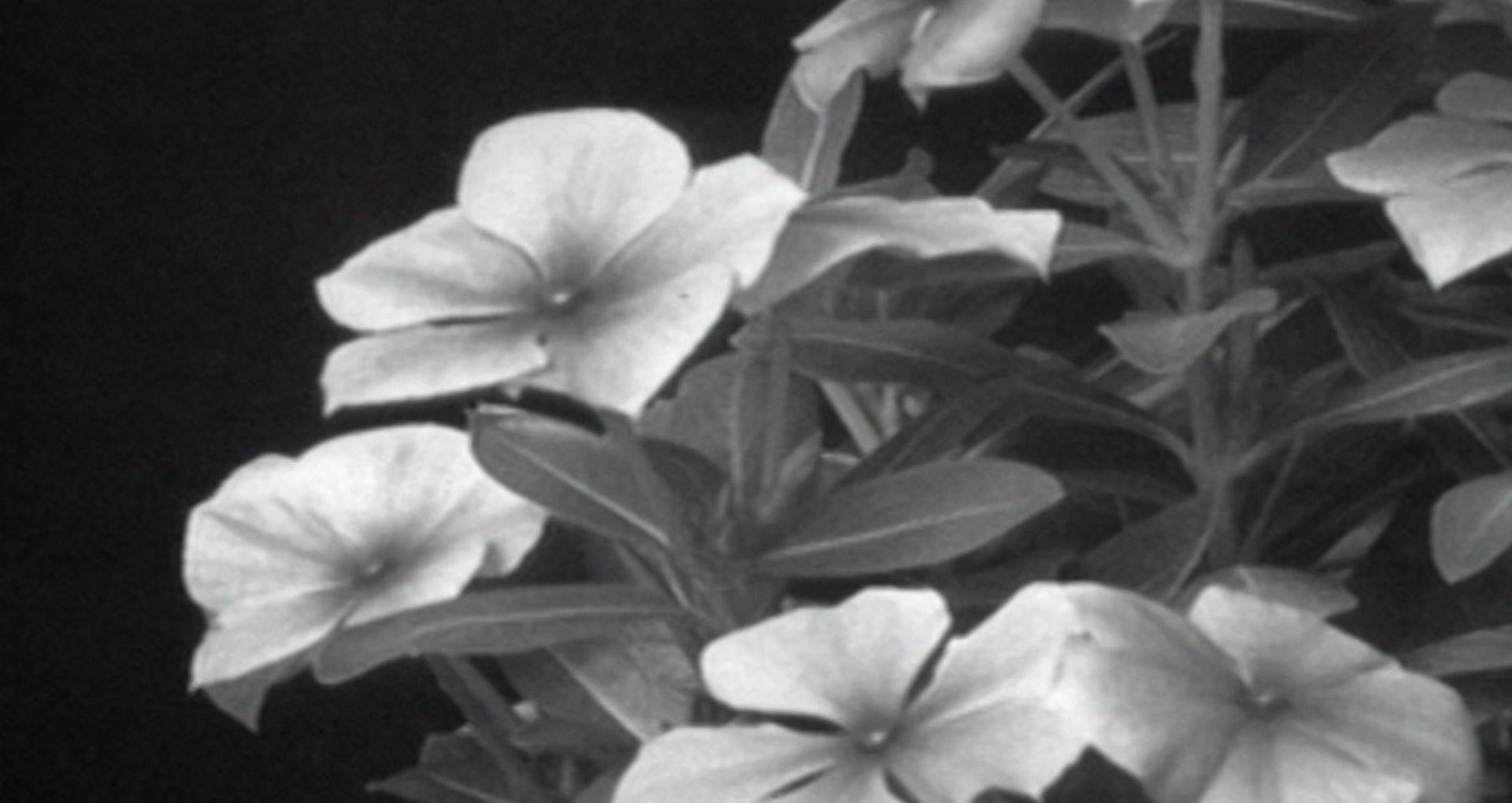
Colorization with Da Vinci Resolve Light
Workshop
$130 members / $180 non-members
This introductory course on colorization using the freeware DaVinci Resolve Lite is aimed at those with little or no experience with the software. Over the course of three days, each participant will be given a computer with which to carry out practical exercises so that they may put the theory they have learned into practice.
This course will be given in French on English-language software.
The following areas will be covered:
– Basic adjustments such as speed, image size, and color configurations;
– Distinguishing between RVB, RAW or ACES, understanding LUTs (Lock-Up-Table), and the three main variants in signals saved with contemporary cameras;
– A general overview of the software’s various options and personalization possibilities;
– Importing and cataloguing filmed images, managing multicams and audio synchro, and backing up discs or memory cards;
–Managing tools for editing, image modification, transitions, titles, and inserting external modules (Plugins);
– Introduction to the software’s main colorization functions, how to manage Nodes, working in primary and secondary mode, Power Windows and its tracker, and additional effects on the image (Grain, glow, defocus…) as well as how to manage color memory banks and how to use four levels of color correction;
– Managing formats for a finished product as well as formats for exporting images pre- or post-colorization.
The first day of the course will be mainly given over to theoretical instruction and on the second day practical exercises will be carried out.
Computers will be at participants’ disposal on demand and subject to availability.
Where: Vidéographe, 4550 Garnier Street, Montréal, QC H2J 3S7
When: October 28th and 29th, November 4th 2017 , 10 a.m. to 5 p.m.
Public transport: Metro – Mont-Royal; Bus – lines 27, 45 and 97
Price: $130 members / $180 non-members
For further information or to reserve a place, please contact Olivia Lagacé on (514) 521-2116 (ext. 221) or at info@videographe.org

Guillaume Millet
Guillaume has more than 25 years’ experience in the field of postproduction as an online and offline editor and, more particularly, as a colorist and motion graphic designer. He also works as an advisor and supervises production flow.
As he is passionate about technology and always on the lookout for new products, Guillaume is often consulted for projects from conception to delivery.
Guillaume has worked in various production and post-production companies in Europe as well as in Canada in fields ranging from documentary, feature films, international co-productions, television series, commercials, animations, and filmed stage shows.





